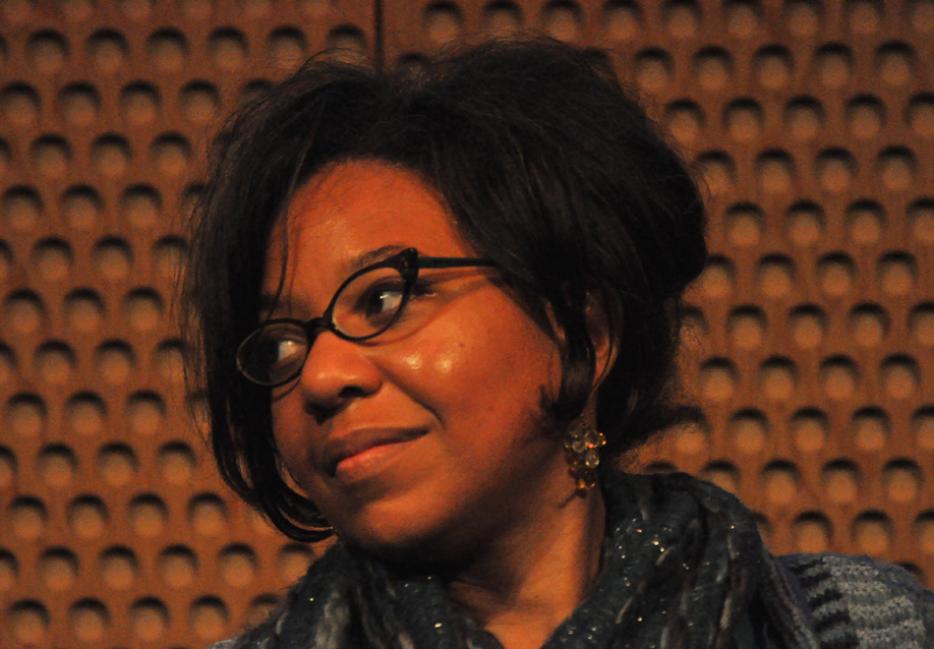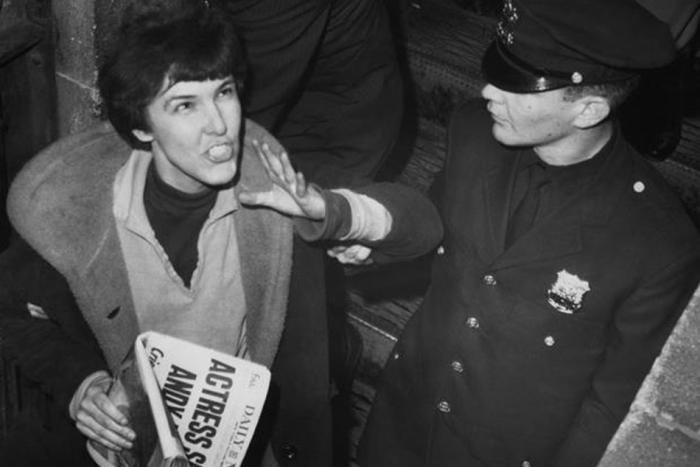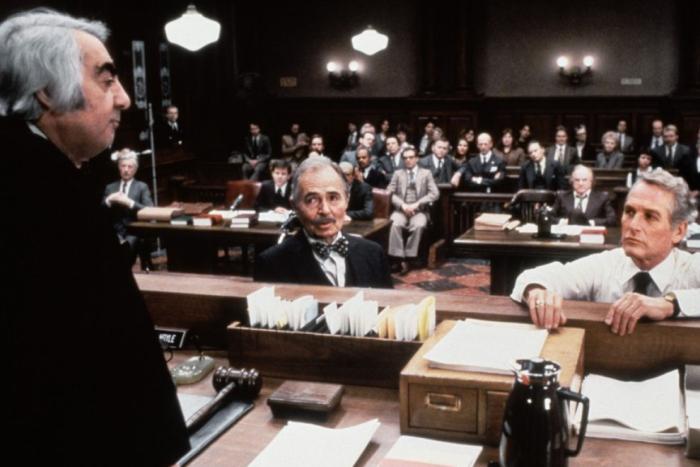When people ask me what the Pop Conference is, as they often did last week, I tend to describe the annual EMP-sponsored event as a gathering of music nerds, which may collapse the diversity of the participants into one disheveled middle-aged man talking about obscure soul records. There are disheveled middle-aged men talking about obscure soul records at the Pop Conference, sometimes to fascinating effect, but the critics, academics, fans, DJs and musicians who show up mainly come to see disparately smart people obsessing over each other’s ideas. The first time I went, it was to present a paper about 50 Cent’s video game, Orientalism, bad Damien Hirst art and American hegemony; one year later, my topic was Bhutanese pop music, on a panel with people discussing Treme or tropicalia compilations.
I didn’t present anything last weekend. Whether due to scheduling issues or to give organizers a sabbatical for once, the 2013 conference split into five concurrent mini-events, hosted by Los Angeles, Cleveland, New Orleans, Seattle and New York, each with its own theme. (Excerpt from the announcement for NOLA’s event, which must have had the best-fed attendees: “We’ll do the South by driving straight into its tensions: tradition vs. modernity, faith vs. transgression, racial nostalgia vs. new immigrant populations, authenticity vs. performance.”) The NYC program, unlike some others, was curated in advance, so I decided to take the year off and come simply as a spectator.
Accidentally or by design, the fragmentary nature of this year’s conference anticipated the NYC segment’s dislocated mood, preoccupied with migrations, disasters and havens. Daphne Carr’s lunch session considered mutual musical aid in a “Geldofian age” (after Hurricane Sandy devastated Norton Records, volunteers helped the shop clean 13,000 pieces of vinyl), while Will Hermes described Arthur Russell “[seeing] God on the dancefloor of Nicky Siano’s Gallery.” These themes weren’t always so explicit. I was struck by DJ /rupture describing the numerous cumbia tracks that mention Osama bin Laden or the Taliban as “incredibly non-hysterical and unironic, mundane… which is a very political thing to do.” The great Daphne Brooks dealt with a quotidian catastrophe when her computer failed midway through a presentation on Diana Ross and New York, but she recovered in time for us all to see the latter’s “massive-yet-forever-mysterious mane.”
Any given panel was typically looser than previous conferences (I was happy to sit through Eric Lott going in on blaxploitation films as urban/cultural space, especially because he played “Across 110th Street”), but all the informal riffing allowed for some provocative improvisation. Wryly noting how “Accidental Racist” had made a lot more coastal denizens aware of Brad Paisley, Kandia Crazy Horse did a tangential survey of black musicians playing country music, like Kamara Thomas and “Stranded in San Antone.” One presentation was long in the making: Robert Christgau read, with a very pre-Bloomberg New York accent, from his upcoming memoir Going to the City. Part of Christgau’s critical gift is his vast experience as a listener, which encompasses and precedes the entire post-rock-n-roll era; during a week that momentarily seemed apocalyptic, his anti-nostalgic reminiscences of “Maybelline” or the Marvelettes brought to mind a few happy perennials.
--
Find Hazlitt on Facebook / Follow us on Twitter
Photo: Daphne Brooks at the 2010 Pop Conference in Seattle, Washington.






